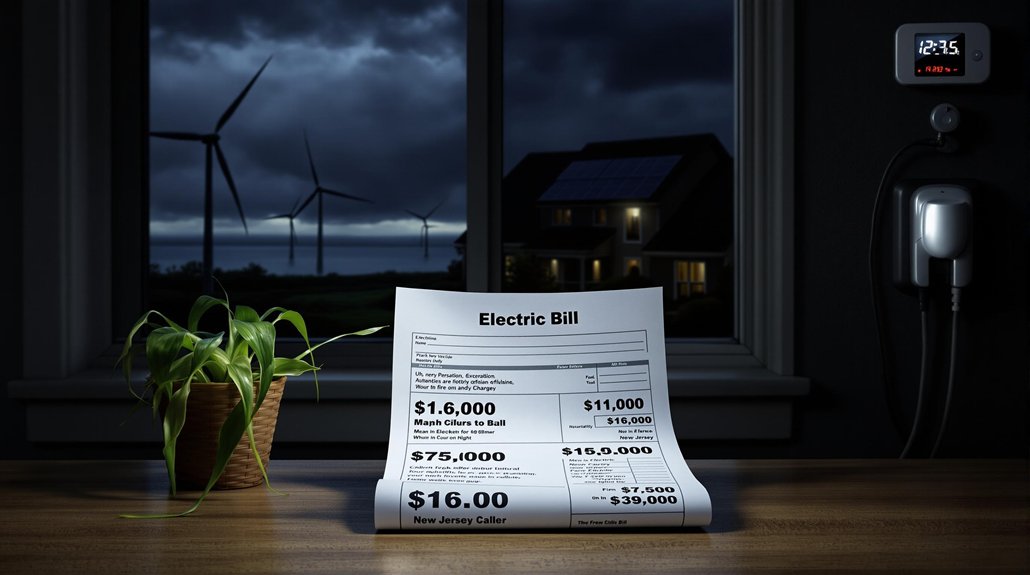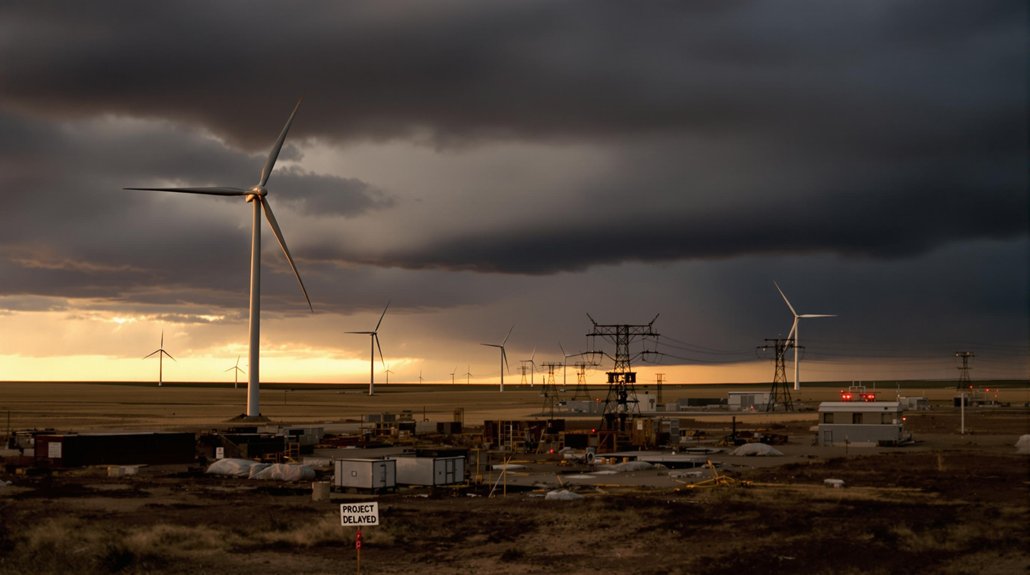New Jersey families are bracing for a significant increase in their electric bills. Starting June 1, 2025, rates will jump by 17% to 20% across the state. This marks the latest spike under Governor Murphy’s Energy Master Plan, which aims to shift to clean energy sources. Since 2018, some households have seen their electricity costs rise by as much as 60%. The growing expense has sparked debate about whether green energy initiatives are worth their financial impact on everyday residents.
New Jersey residents are facing steep increases in their electric bills as Governor Phil Murphy‘s energy policies continue to impact household budgets across the state. Starting June 1, 2025, electricity rates will jump by 17% to 20% for customers across all major utility providers.
The increases will add between $22 and $28 to monthly bills. Atlantic City Electric customers will see a 17% increase (about $28), JCP&L customers a 20% increase ($22), PSE&G customers a 17% increase ($26), and RECO customers an 18% increase ($25). These calculations are based on average household usage of 650 kilowatt hours per month.
These hikes follow a troubling trend. Since 2018, electricity costs have reportedly surged by up to 60% in New Jersey. Governor Murphy’s 2020 “Energy Master Plan,” which aimed to shift the state to clean energy, has been criticized for doubling electricity costs for many families.
The increases stem from annual electricity auctions that determine wholesale prices. The New Jersey Board of Public Utilities (NJBPU) approves these rates, citing market trends as justification. However, critics point to green energy initiatives and administrative missteps as key factors driving costs upward.
Offshore wind projects, central to Murphy’s clean energy goals, have faced setbacks. Financial challenges and corporate withdrawals have delayed progress while costs continue to rise. The decline of federal subsidies for renewable energy has added to these financial pressures.
The impact is severe for many residents. Some in Morris County report monthly electric bills reaching $782. Businesses also struggle with higher operational costs, hurting competitiveness in an already expensive state. Low-income households feel the greatest burden as energy becomes increasingly unaffordable.
Public discontent is growing. Many are calling for audits of energy policy implementation and greater NJBPU accountability. While some try to reduce energy use by adjusting thermostats, these efforts aren’t offsetting the dramatic bill increases. Social media platforms have become flooded with residents expressing intense frustration over their skyrocketing energy bills.
The state’s push for all-electric appliances and vehicles creates additional demand on an already strained energy grid, raising questions about the feasibility of current green energy timelines and implementation strategies. Despite the genuine need to address greenhouse gas emissions, critics argue that New Jersey’s implementation approach is causing economic hardship without proportional environmental benefits.








